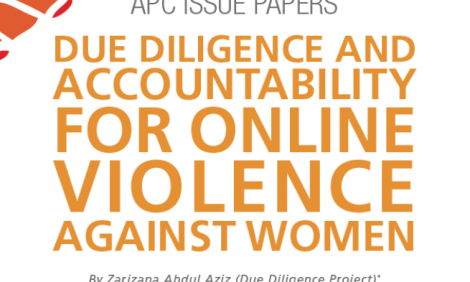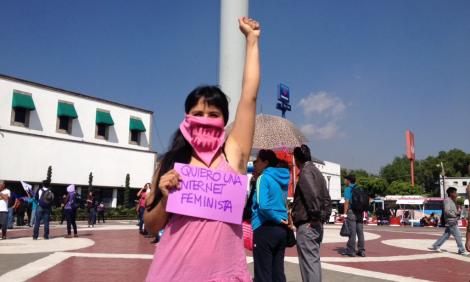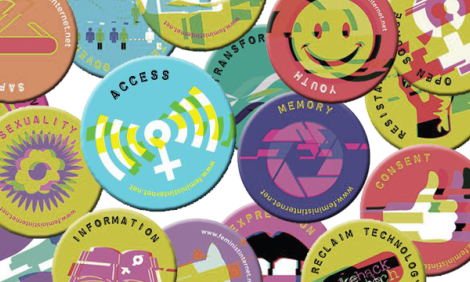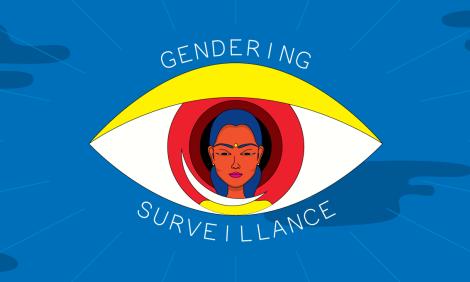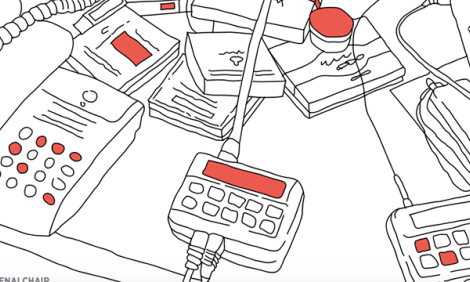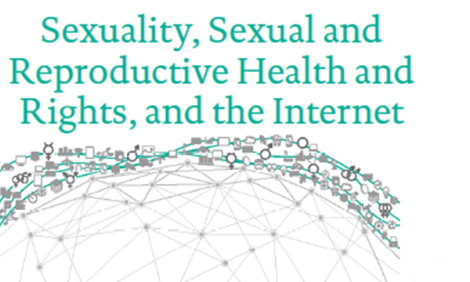This paper explores what online violence against women is; what can be done to stem and ultimately eliminate it; and whose responsibility it is to do so. It does this by building upon the issues identified in two research projects, namely the research on state accountability to eliminate violence against women by the Due Diligence Project (DDP) and the research on corporate and state remedies…
Resources
Here is a repository of the latest research reports, policy documents, presentations, issue papers, and other relevant publications focusing on the area of ICT and gender.
About GenderIT.org
The site is meant to be a think tank OF and FOR women's rights, sexual rights and internet rights activists, academics, journalists and advocates. We carry articles, news, podcasts, videos, comics and blogs on internet policy and cultures from a feminist and intersectional perspective, privileging voices and expressions from Africa, Asia, Latin America, Arabic-speaking countries and parts of Eastern Europe.

